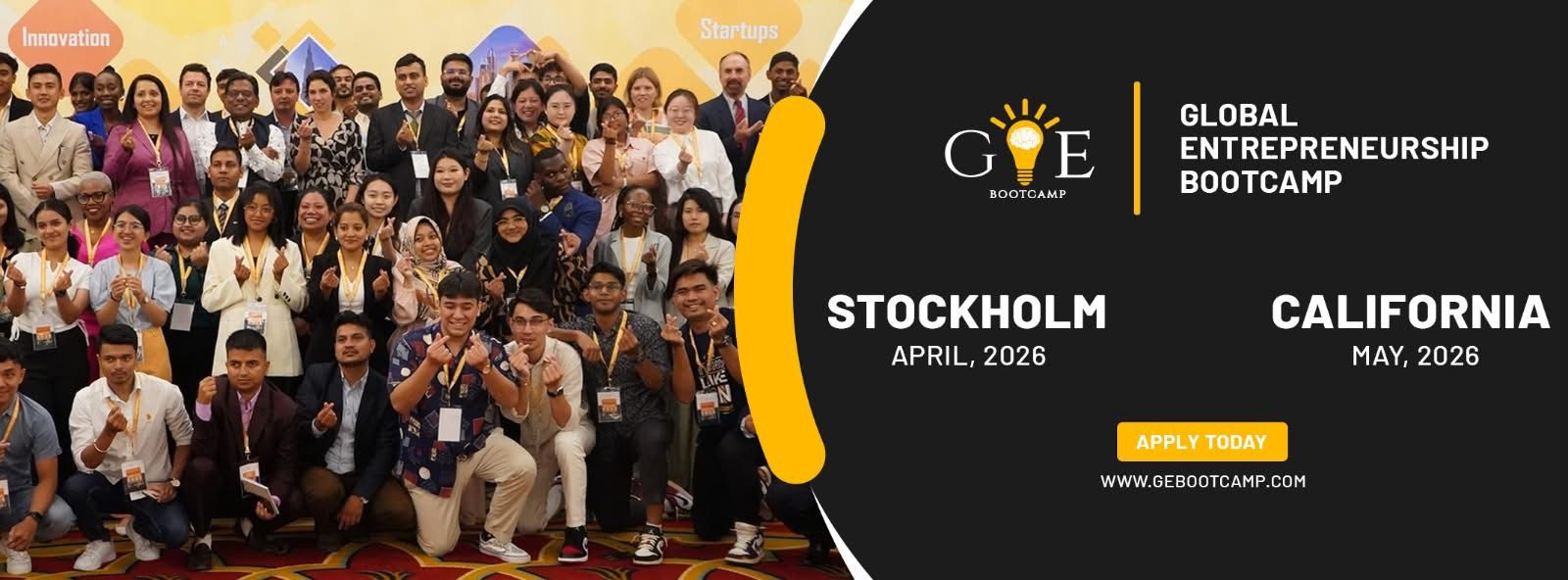
UNESCO Prize for Girls’ and Women’s Education 2021
Details
Applications are open for UNESCO Prize for Girls’ and Women’s Education 2021. The UNESCO Prize for Girls’ and Women’s Education honors outstanding and innovative contributions made by individuals, institutions and organizations to advance girls’ and women’s education. It is the first UNESCO Prize of this nature and is unique in showcasing successful projects that improve and promote the educational prospects of girls and women and in turn, the quality of their lives.
The UNESCO Prize for Girls’ and Women’s Education rewards outstanding practices of individuals, institutions, non‐governmental organizations and other entities advancing girls’ and women’s education. The Prize was established by the Executive Board of UNESCO at its 197th session, launched in 2016, and extended for five more years at the Board’s 210th session, with support from the government of the People’s Republic of China. The Prize contributes to two Sustainable Development Goals: “Ensure inclusive and equitable quality education and promote lifelong learning opportunities for all” (Goal 4) and “Achieve gender equality and empower all women and girls” (Goal 5).
Prizes
Two laureates will receive an award of US $50,000 each; to help further their work in the area of girls’ and women’s education.
Selection Criteria
Has a clear focus on advancing girls’ and women’s education, and the promotion of gender equality in and through education, and contributes to one or more of the five priority areas of the Prize:
- Participation: Supporting girls to transition from primary education to lower‐secondary education and to complete full basic education.
- Literacy: Supporting adolescent girls and young women to acquire literacy skills.
- Environment: Supporting the creation of a gender‐responsive and safe teaching‐learning environment.
- Teachers: Engaging teachers to be change agents with gender‐responsive tea.ching attitudes and practices.
- Skills: Supporting girls and women to acquire knowledge/skills for life and work
Links
- Online nomination platform
- Selection criteria
- Statutes of the Prize
- User guide for the Member States
- User guide for NGOs
- Resources
- Education and gender equality
Specifications
| Type of Opportunity | Competitions and Awards |
|---|---|
| Deadline | 26 May,2021 |
| Open to | All |
| Organizer | UNESCO |
